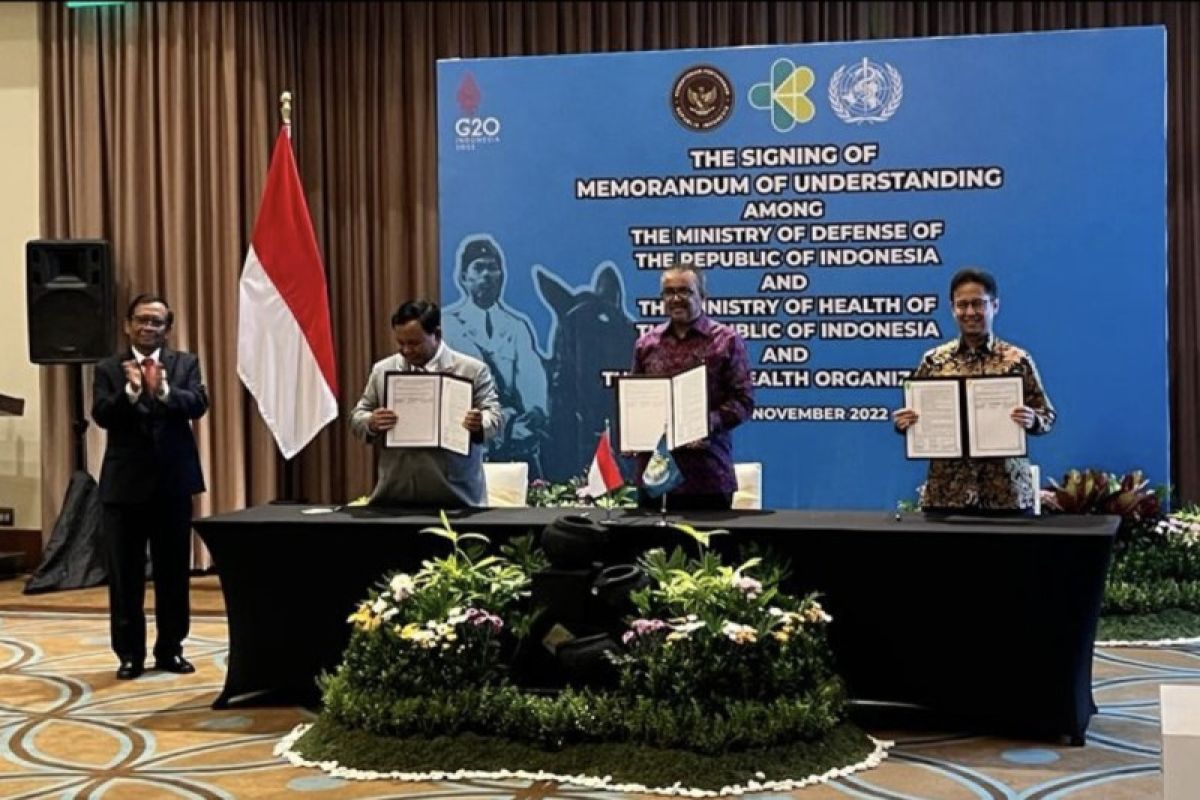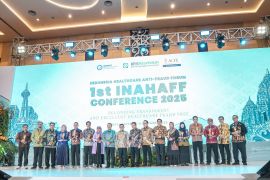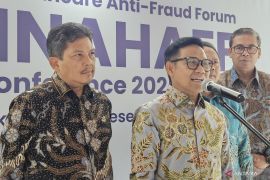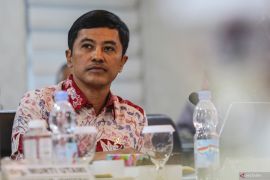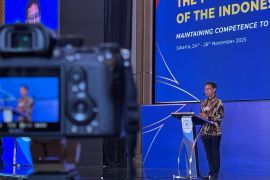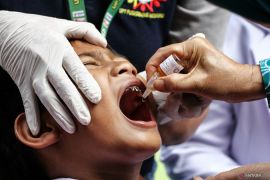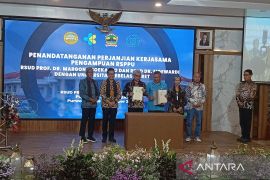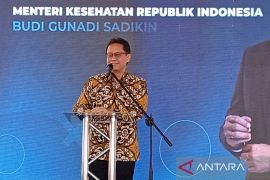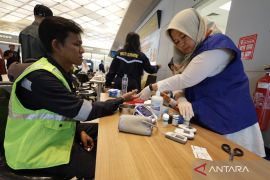"Higher education, as an intellectual component, has a strategic position in the efforts to reduce disaster risk," Indonesian Health Minister Budi Gunadi Sadikin stated in Jakarta, Thursday.
The minister remarked that universities played a role as research centers in producing and disseminating knowledge about disasters, especially those related to health emergencies.
Moreover, universities can support the government in managing health during the crisis phase, Sadikin noted.
The establishment of Unhan, as a Multi-Country Training Center for health emergencies, is a follow-up to the agreement between the Health Ministry, Defense Ministry, and WHO in collaborating on global defense systems to face future pandemics.
The memorandum of understanding (MoU) was signed by Minister Sadikin, Defense Minister Prabowo Subianto, and WHO Director-General Dr Tedros Adhanom Ghebreyesus on the sidelines of the G20 Summit on Tuesday in Bali.
Sadikin also noted that extreme weather and climate change are potential hydrometeorological disasters that could become a cause for concern in the future.
He later remarked that Indonesia was prone to natural disasters and emergencies, including health emergencies.
In an effort to become a disaster-resistant nation, strong political will and collective efforts are needed, including the establishment of a health emergency training center, he stated.
"Framework for disaster risk reduction requires multi-sectoral efforts in community mitigation and preparedness," he emphasized.
According to the minister, the G20 aimed at building a pentahelix collaboration framework that involved the government, civil society, media, academia, and business entities to work together to solve problems in reducing disaster risk.
He remarked that the government, as a policy maker, regulator, and stakeholder coordinator, should work closely with the community, which can also act as a driving force in preparedness in its own environment.
Meanwhile, the media is also important to disseminate information and education about disasters and understanding of health emergencies. Moreover, the private sector is focused on providing services and products to help achieve the health emergency preparedness goals.
"I am optimistic that this MoU will become the foundation for a stronger health crisis management system," the minister remarked.
Related news: Minister hopes Unhan-Rabdan cooperation will improve students' skills
Related news: Minister Subianto offers scholarships for Palestinian student
Translator: Andi Firdaus, Resinta S
Editor: Sri Haryati
Copyright © ANTARA 2022
